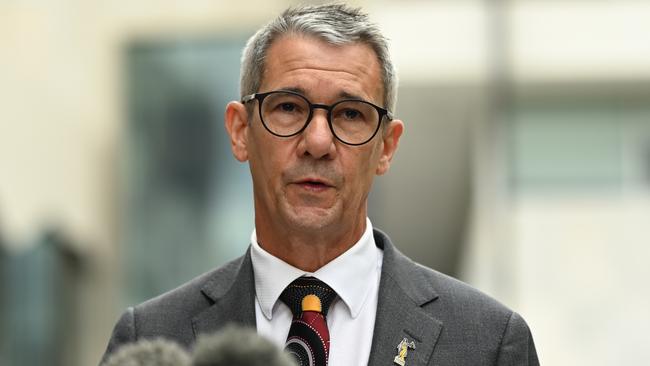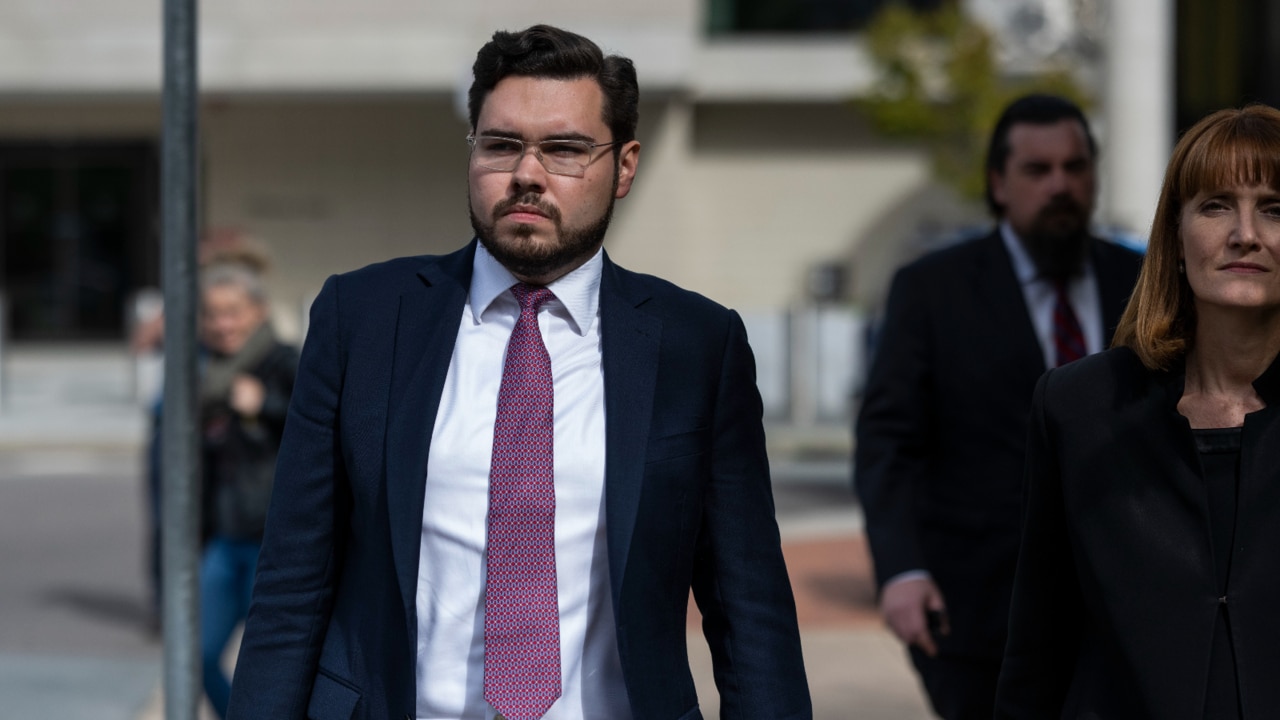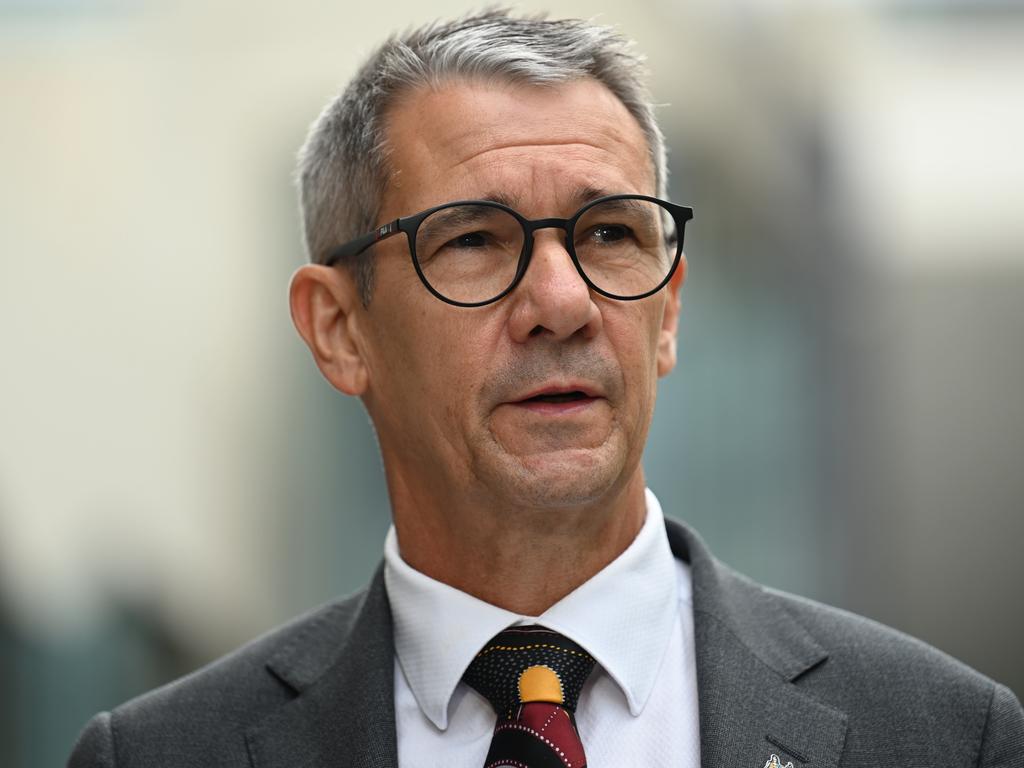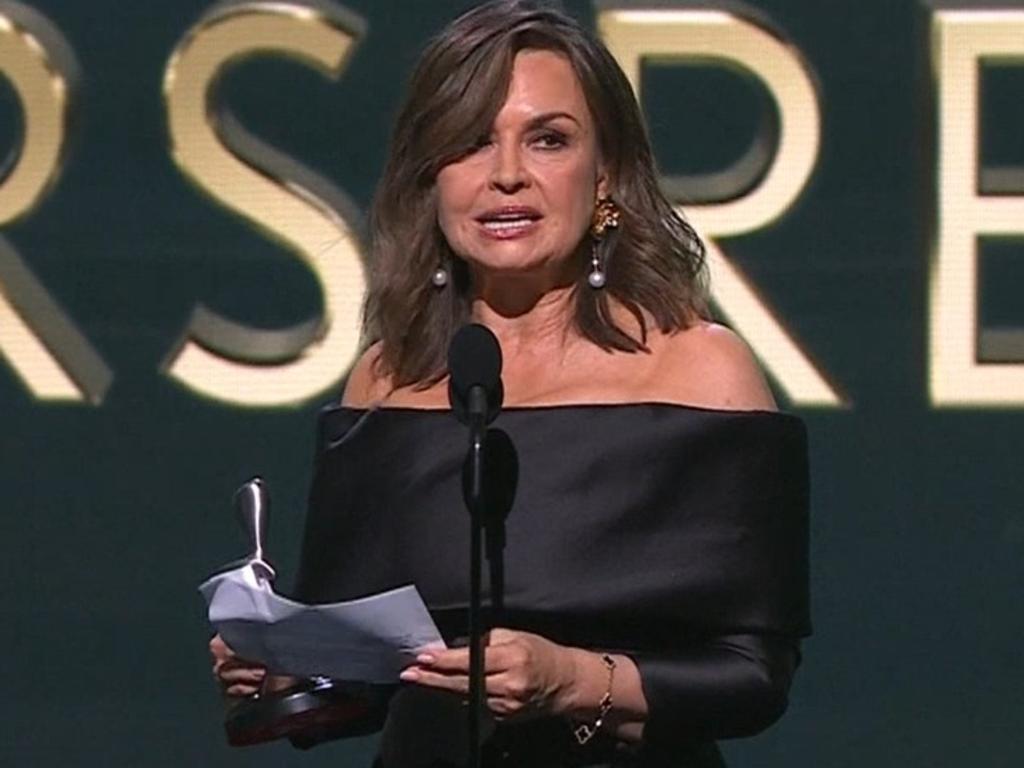Drumgold’s betrayal of justice in national capital

Mr Lehrmann has always denied the claim. The inquiry report of Walter Sofronoff KC, kept secret by the ACT government but reported in full in The Australian by Janet Albrechtsen and Stephen Rice on Thursday, concentrates on essential legal principles. These include the right to a fair trial, the presumption of innocence, the duty of prosecutors to be impartial, objective and fair, and prosecutors’ duty of disclosure, which is essential to a fair trial. When in doubt, their golden rule should be – disclose.

Line by line, through 198 pages in his bold, forensic style, Mr Sofronoff skewers the serious violation of those principles and other egregious misconduct by ACT Chief Prosecutor Shane Drumgold. He treated criminal litigation as “a poker game in which a prosecutor can hide the cards’’, the inquiry found. He failed to act with fairness and detachment, as his role required. He also “preyed on a junior lawyer’s inexperience’’, directing an inexperienced fledgling lawyer, to whom he owed a duty to be a mentor and role model, to unwittingly swear a false affidavit.
Rather than responding to the damning findings, ACT Chief Minister Andrew Barr was still on a “go slow’’ on Thursday. But however long Mr Barr prevaricates, Mr Drumgold’s career as Chief Prosecutor, and probably as a barrister, is over. He may face charges for perverting the course of justice. Mr Barr and his cabinet should be looking ahead to appointing a new prosecutor to begin the process of restoring confidence and trust in the ACT’s justice system and repairing the vital but currently fractured relationship between the Australian Federal Police and the office of the Director of Public Prosecutions.
Of all his misconduct, Mr Drumgold’s repeated attempts to keep evidence of doubt contained in police investigation documents about Ms Higgins’ claims away from defence lawyers was the most serious. Mr Drumgold’s keeping the defence in the dark “meant they were in no position to mount a challenge’’, Mr Sofronoff said. A fair trial requires “not only that the accused should have access to material in the prosecution’s possession that sets out the prosecution case but also material which may bear upon the defence of the charges. The failure of a prosecutor to comply with this obligation may lead to a miscarriage of justice … In practice, a failure to disclose information that affects the credibility of a prosecution witness is likely to result in a conviction being set aside”.

Mr Sofronoff also castigated Mr Drumgold for his public comments when he announced he was discontinuing the matter due to concerns over the potential impact of a retrial on Ms Higgins’ mental health.
“Mr Drumgold provided his ‘clear view that there was a reasonable prospect of conviction’ and notes that ‘this is a view I still hold today’,” Mr Sofronoff wrote. “Mr Drumgold praises Ms Higgins for her ‘bravery, grace and dignity’. These comments were not relevant to the reasons and, in their context, were a public message of support for Ms Higgins. They implied that Mr Drumgold personally believed Ms Higgins’ complaint of rape was true and that, as a consequence, Mr Lehrmann was guilty. The comments were improper and should not have been made. It was not necessary for Mr Drumgold to express his views on the prospects of conviction at the time of discontinuance. Nor was it his function to identify himself with the complainant to a degree that he made a public statement of support. The motive for this was good; the decision was bad.”
Depending on how Mr Lehrmann proceeds, Mr Drumgold’s conduct may cost ACT taxpayers dearly in financial terms. Rigorous efforts must also be made to determine whether previous cases Mr Drumgold has prosecuted have also been affected by a loss of his objectivity and his failure to act with fairness and detachment. Mr Sofronoff’s report, which the public, fortunately, now knows about, exposes how fragile our fine justice system can be when undermined by a bad actor in a key role.






For 2½ years, a mix of politics and media spotlight, against a backdrop of #MeToo activism, has conflated the saga of former political staffers Brittany Higgins and Bruce Lehrmann. Ms Higgins accused Mr Lehrmann of raping her in the Parliament House office of Coalition defence industry minister Linda Reynolds in the early hours of March 23, 2019, after Friday night staff drinks at a Canberra bar.